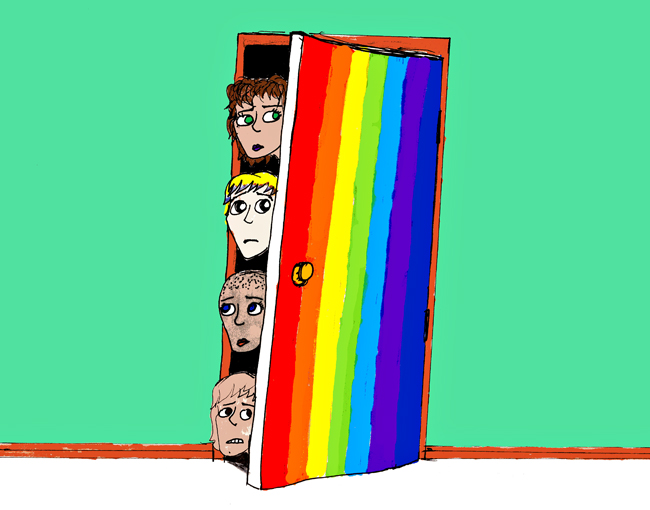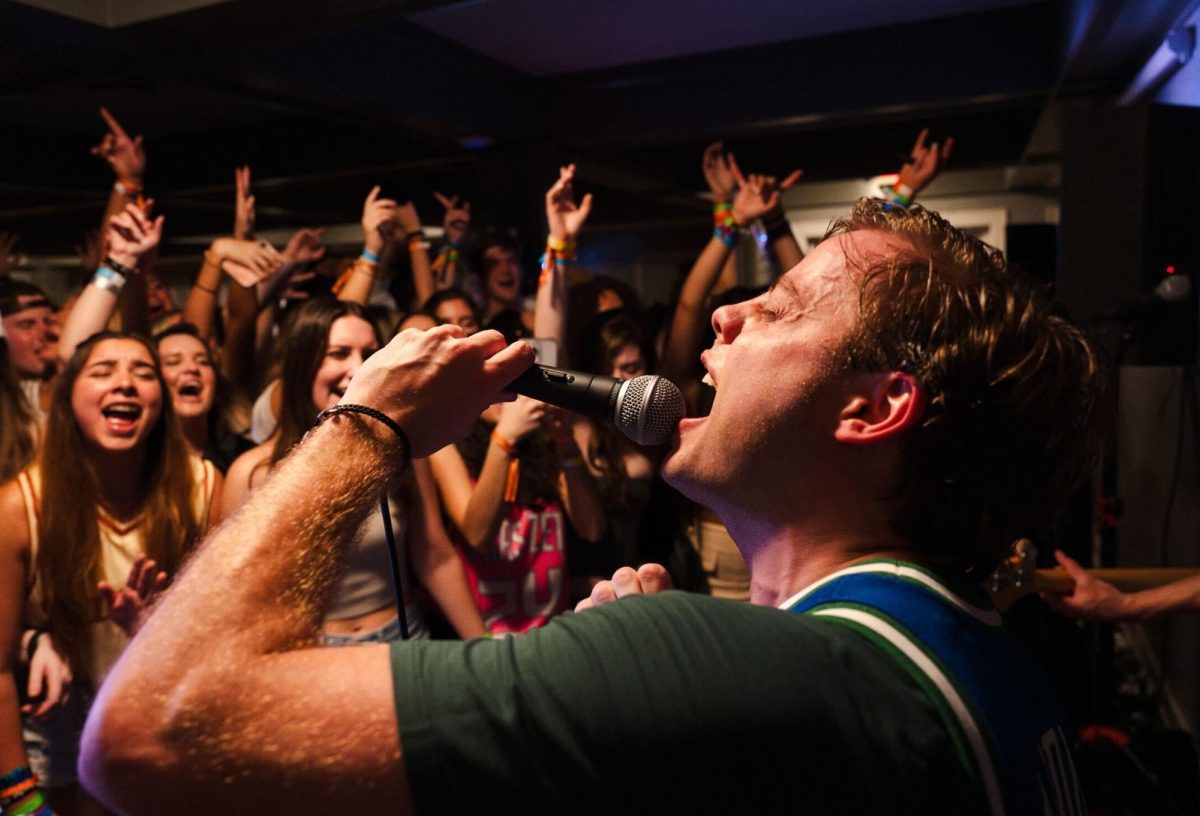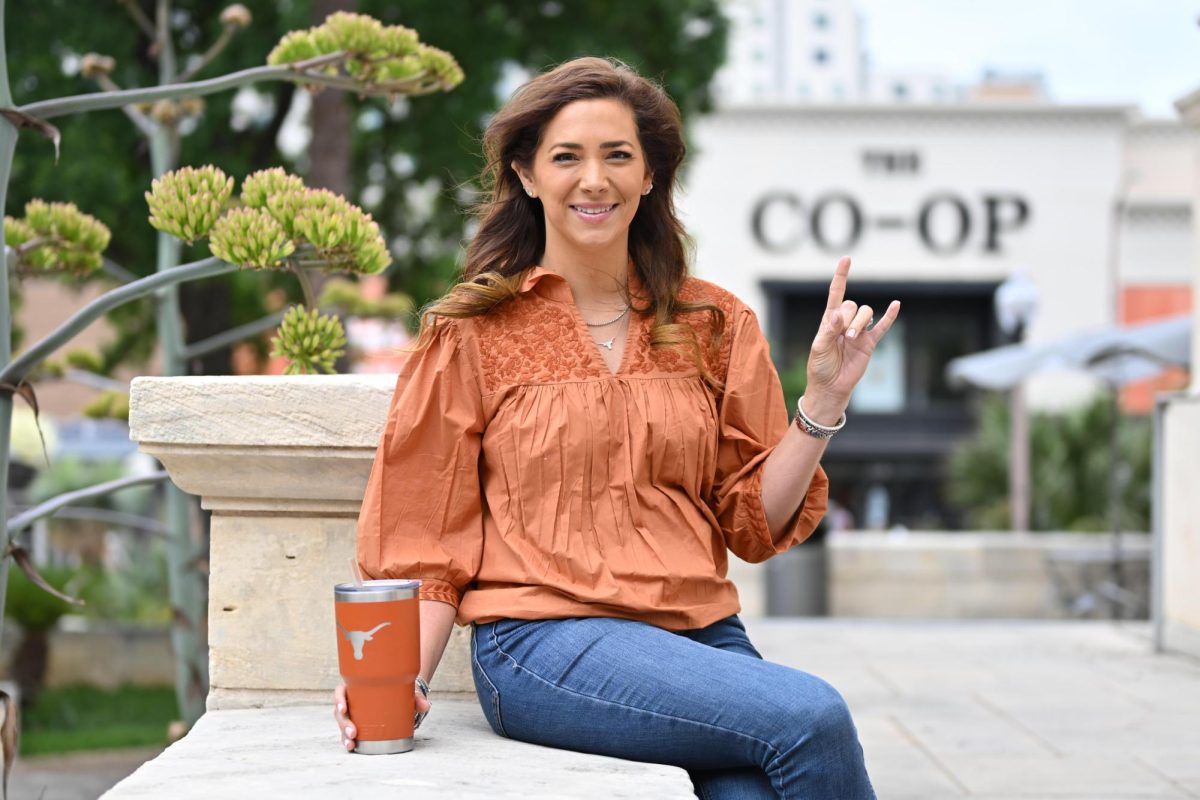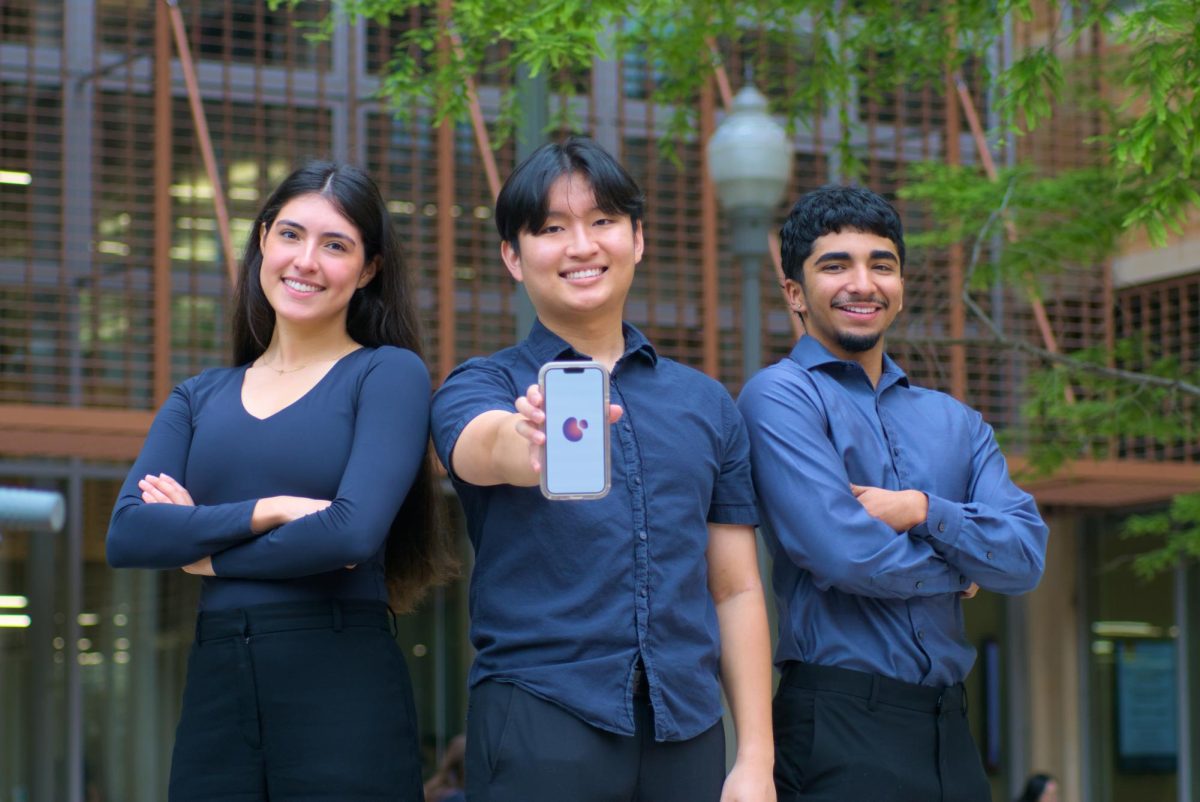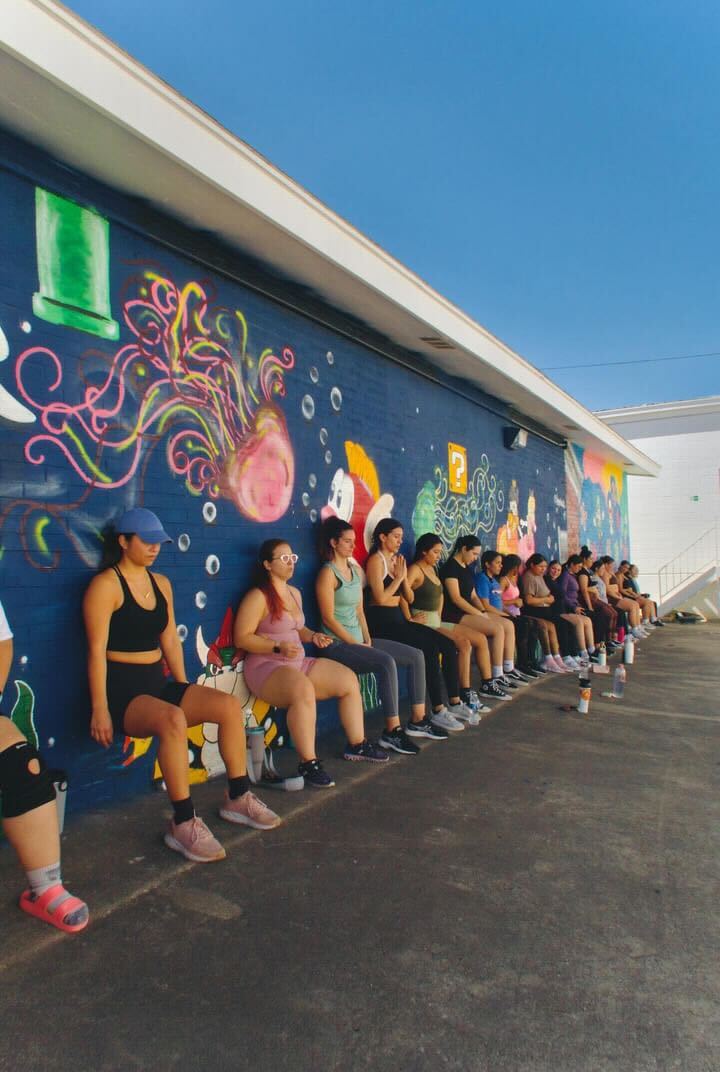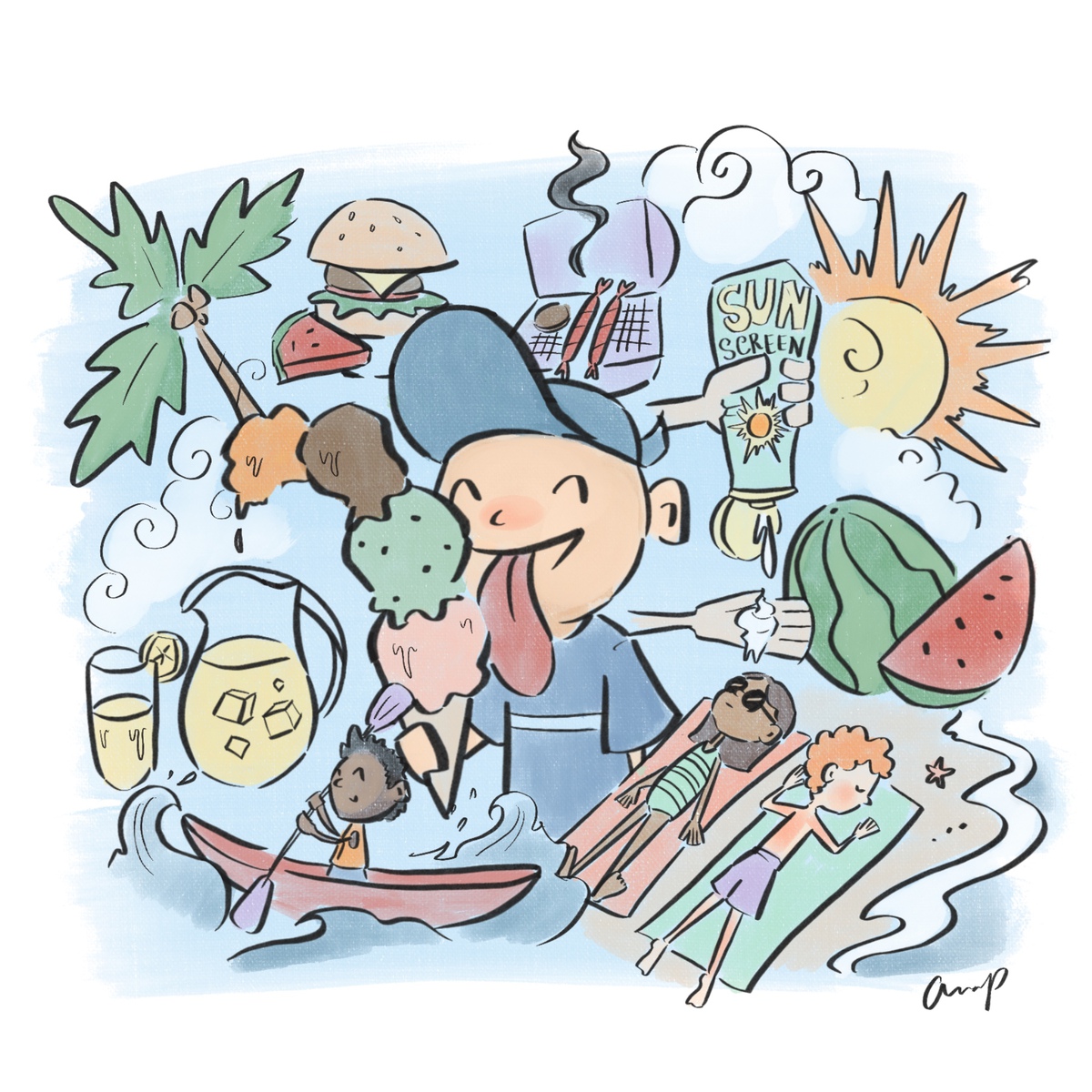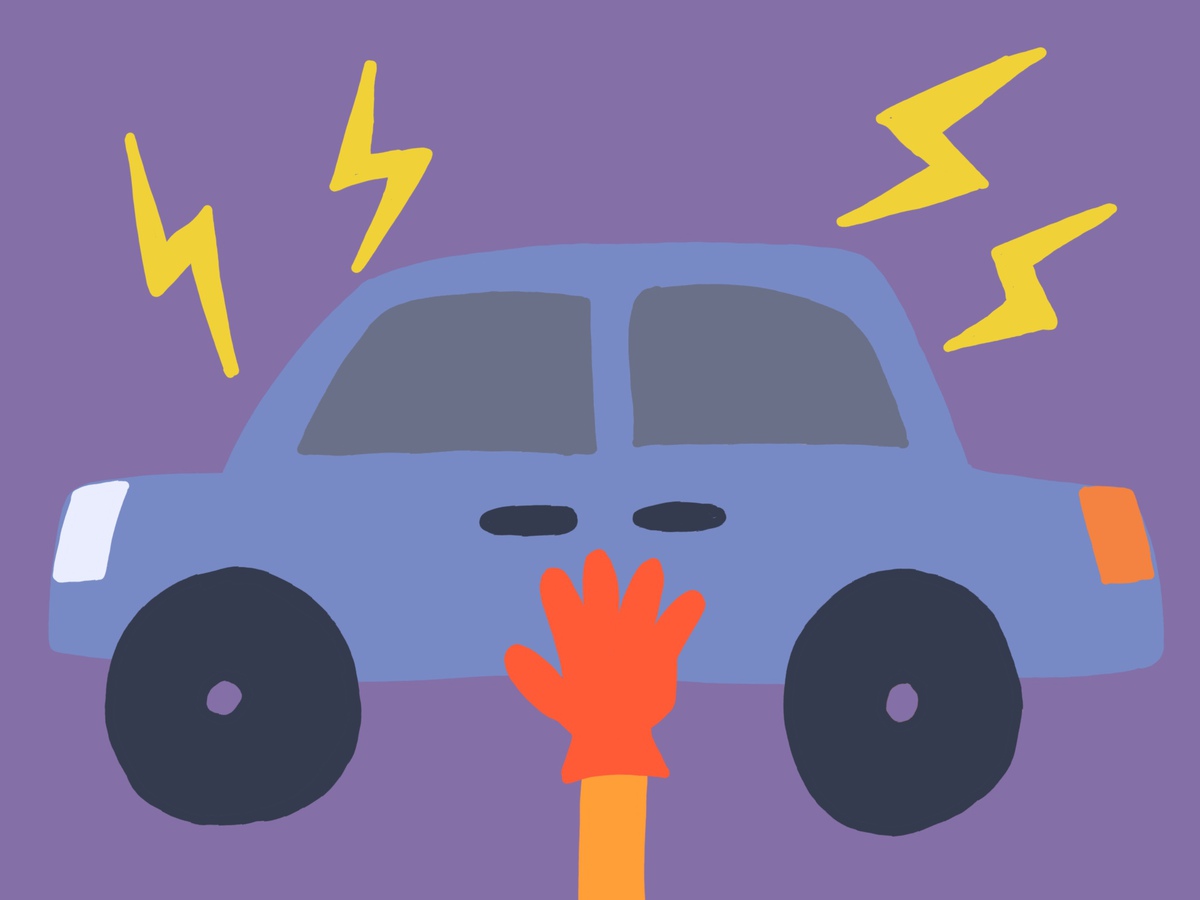Last year, interpersonal communication doctorate student Robert Carroll watched a video on the Internet that showed parents kicking their son out of the house after someone outed him as gay. This clip influenced him to conduct a research study on outed teens.
Carroll began his research this semester as part of his studies on LGBT students who say they were outed to their families by a third party without consent.
Twenty-five UT students who felt comfortable speaking about their experiences volunteered for the study. The small-scale study will help Carroll create a foundation for his research. This summer, he hopes to expand his sample size for the project by reaching out to the whole Austin community.
“I was interested in helping expand our field by understanding what happens when somebody has private information taken from them and communicated against their will,” Carroll said.
Fellow doctorate student Laura Brown’s dissertation on LGBT health issues and experiences helped set the stage for Carroll’s study. Her dissertation examines factors that influence patient disclosure of sexual orientation and gender identity and LGBT health experiences.
“It’s important to research LGBTQ issues because it’s the first step to ensuring equitable treatment for all people,” Brown said in an email.
Carroll said LGBT identity studies have emerged within the field of interpersonal communication, but the research is limited. He said the study serves as exploration to better understanding the effects of outing for LGBT people.
In the field of interpersonal communication studies, Carroll said, it’s theorized that people have ownership and control of their information. His study challenges this notion in the sense that this doesn’t apply for LGBT people outed to their families. He said LGBT people, at times, feel they must hide part of their identity. Carroll’s research focuses on what happens after that information is taken from them.
“It’s kind of a cathartic experience for participants,” Carroll said. “Some people have never talked about this before, but they want to get their story out there. They know that by sharing this information, hopefully it helps other people.”
When Carroll began his research, he originally believed unprecedented outings led to negative repercussions for teens. But after hearing participants’ stories, he realized some experiences ended positively.
Carroll does a narrative-style analysis by asking open-ended questions to avoid leading any responses. He examines how people tell their stories and what details they choose to include. The first question Carroll asks is “What’s your story about being outed within your family?”
Understanding family communication is key in the study because the messages received in the home deeply influence identity formation, Carroll said. He follows up with questions about the participants’ mental state and health after being outed.
Carroll said many LGBT people receive pressure from society to come out with their sexual orientation. Others, he said, claim their sexuality or gender orientation is only part of their complete identity and does not require an announcement.
“One person told me, ‘No I don’t come in and say I’m this, this and gay — it’s just who I am,’” Carroll said. “But other people say, ‘No, society says I need to do this.’ That kind of normative pressure of society forces the [LGBT] community to say, ‘Yes, I am, and here’s what it means.’”



